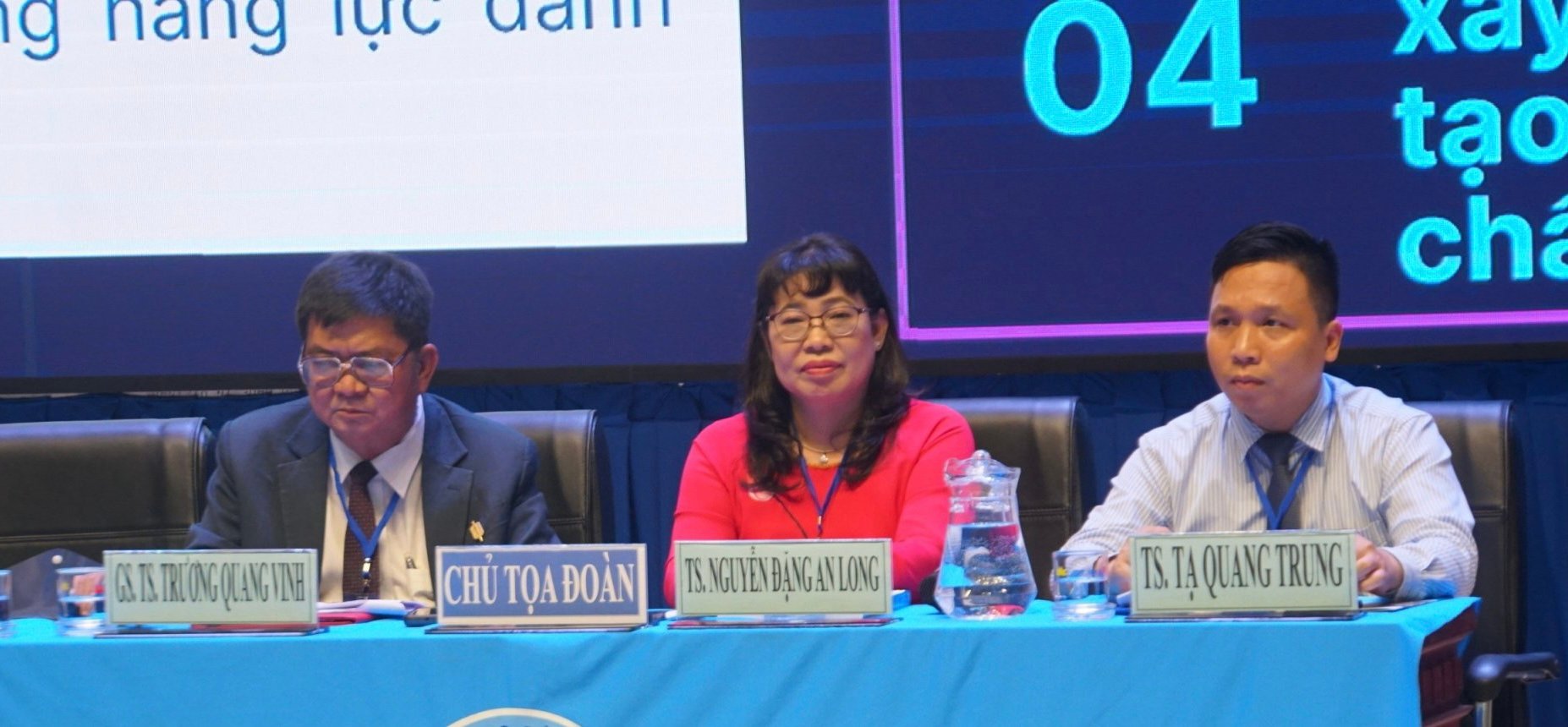
Speakers attending the workshop on human resource training in the tourism industry
The above information was shared at the national scientific conference "Training international-level human resources in the tourism industry: Current status and solutions" held at Saigon University on October 28.
Most of the shift leaders and supervisors have intermediate vocational qualifications.
At the workshop, Dr. Nguyen Duong Giang, former General Director of Human Resources of Saigon Tourist Corporation, said that his research team conducted a survey at 12 state-owned accommodation units from 3 to 5 stars.
The survey results on educational level show that 51% of the accommodation management board has a university degree and 49% has a post-graduate degree. Particularly for the position of department head, besides the large number of people with university degrees, there are still 7% with college degrees and 20% with vocational secondary education. According to the survey, the majority of shift leaders and supervisors have vocational secondary education. Specifically, 64% have vocational secondary education, 9% have college degrees, 25% have university degrees and 2% have post-graduate degrees.
From this result, Mr. Giang said that currently, the level of labor in the tourism industry is increasingly improved thanks to the development of training facilities. However, the above survey shows that, in order to meet the job requirements in the period of global economic integration, it is necessary to improve the capacity and professional education level of management personnel, especially in the group of deputy department heads and supervisors.
According to information shared at the workshop, Vietnam currently has 192 tourism training establishments distributed evenly across tourism sub-regions. Of these, 62 universities, 10 colleges specializing in tourism training, 45 colleges with tourism majors and 75 secondary schools and vocational training centers.
However, according to Ms. Nguyen Thi Diem Tuyet, Deputy Head of the Faculty of Tourism at Van Hien University, in the context of increasingly deep international integration, the labor force has not yet met the requirements of foreign language proficiency, especially rare foreign languages. Leadership, management and administration capacity are also not commensurate with the requirements of a key economic sector such as tourism. "The quality of teaching at educational institutions is still low, lacking practicality... Enterprises must retrain to suit the culture and operating standards of enterprises," Ms. Tuyet added.
Speaking at the workshop, Professor Truong Quang Vinh, Department of International Relations, Business Relations and Student Affairs, Long An University of Industry and Economics, said that after the Covid-19 pandemic, human resources in the tourism industry need to be supplemented.
Mr. Vinh cited data from the 2019 Vietnam Tourism Annual Report showing that more than 2.5 million workers in the tourism industry were working before the pandemic, including more than 860,000 direct workers. Of these, 45% were trained in tourism, 35% were trained in other fields, and 20% were untrained.
According to Professor Truong Quang Vinh, the number of trained workers in the tourism industry is quite modest, not fully supplying the market. Furthermore, the tourism human resources provided by training institutions, including universities, to the market do not meet the requirements of expertise and skills.
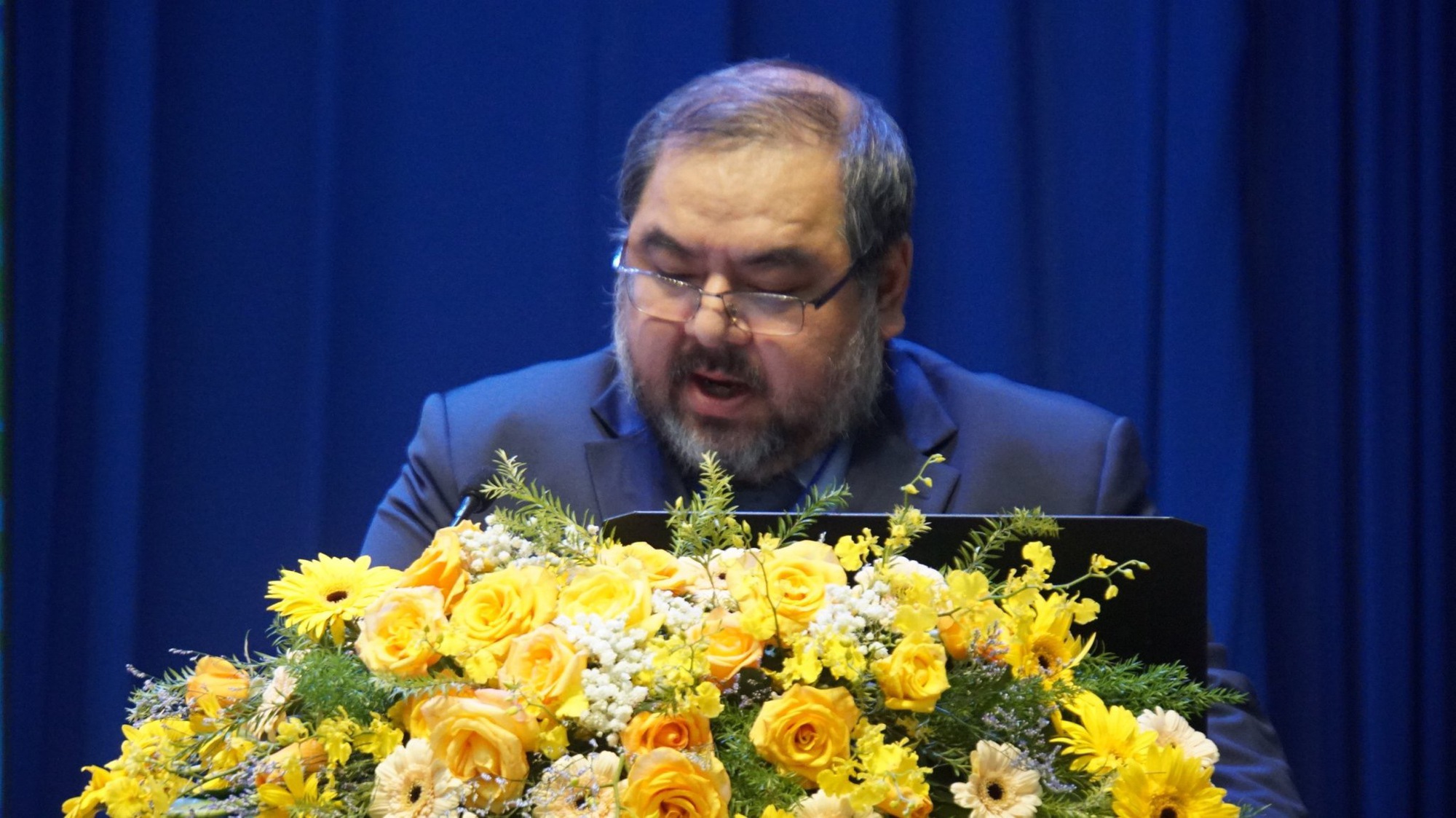
Dr. Nguyen Duong Giang shares information at the workshop
Avoid theoretical training
According to Professor Truong Quang Vinh, to improve the quality of human resources for the tourism industry, it is necessary to implement a training model based on capacity and market demand. In this model, there will be relationships between training institutions and businesses; training institutions, students and tourism businesses. Educational institutions are the organizations primarily responsible for training: updating and improving training quality, implementing content, programs, granting degrees to learners... Businesses play the role of "lever", stimulating creativity and technology transfer, receiving training products, and providing additional resources for schools.
Dr. Nguyen Dang An Long, Vice Principal of Ho Chi Minh City College of Economics, also shared the model of training human resources for services at the school. Accordingly, the school designed a training program based on college credits with the motto of taking students as the center. Students are encouraged to be proactive, self-study, and flexible in study and graduation time. In particular, service majors such as tour guides and hotel management, practice hours account for 64-66% of the program.
Not only students, Dr. An Long also said that improving the training and development of tourism lecturers is a very important factor. In particular, lecturers in service industries require practical experience to improve their skills and practical skills. Therefore, sending lecturers to domestic and foreign enterprises to learn practical experience and update new technologies that enterprises have used. Thereby supplementing the curriculum, helping to avoid the situation of training only theory.
Source link



![[Photo] Schools and students approach digital transformation, building smart schools](https://vstatic.vietnam.vn/vietnam/resource/IMAGE/2025/3/29/9ede9f0df2d342bdbf555d36e753854f)


![[Photo] Unique Ao Dai Parade forming a map of Vietnam with more than 1,000 women participating](https://vstatic.vietnam.vn/vietnam/resource/IMAGE/2025/3/29/fbd695fa9d5f43b89800439215ad7c69)

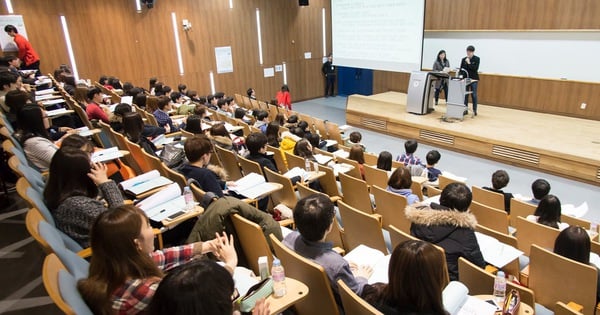

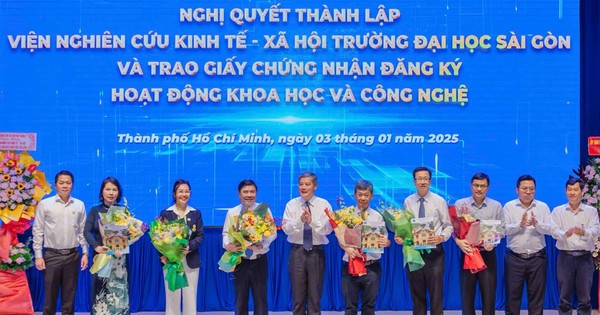

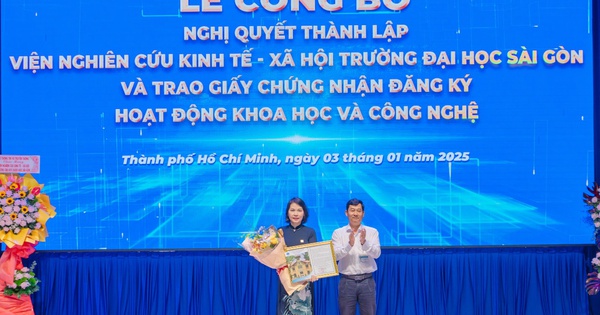

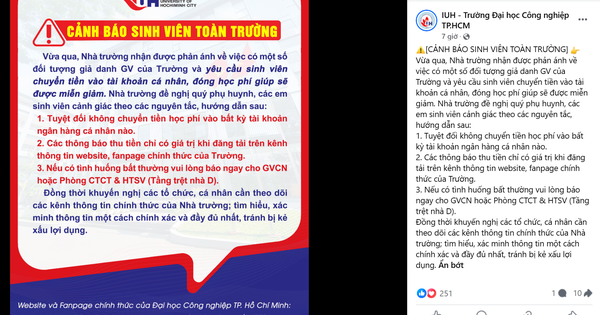
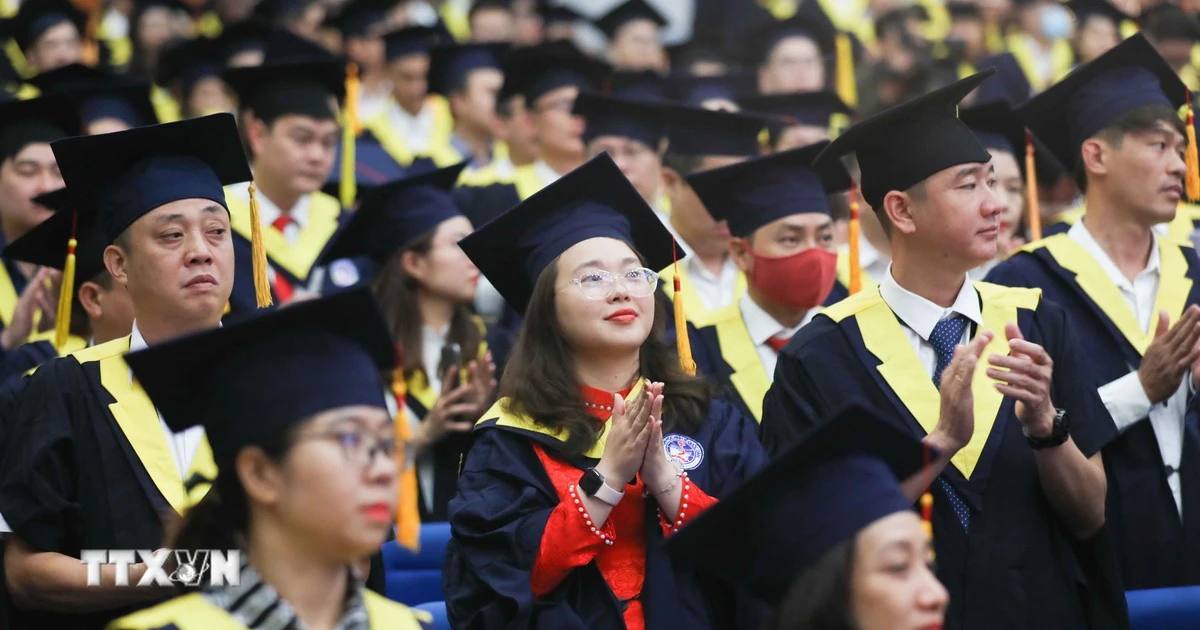

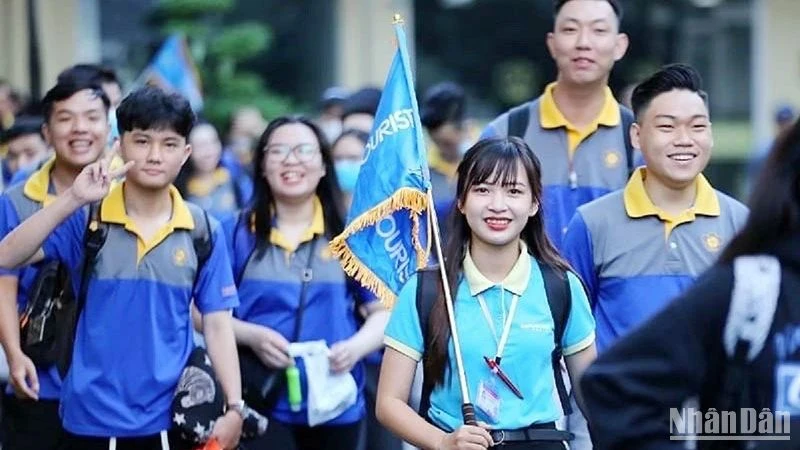


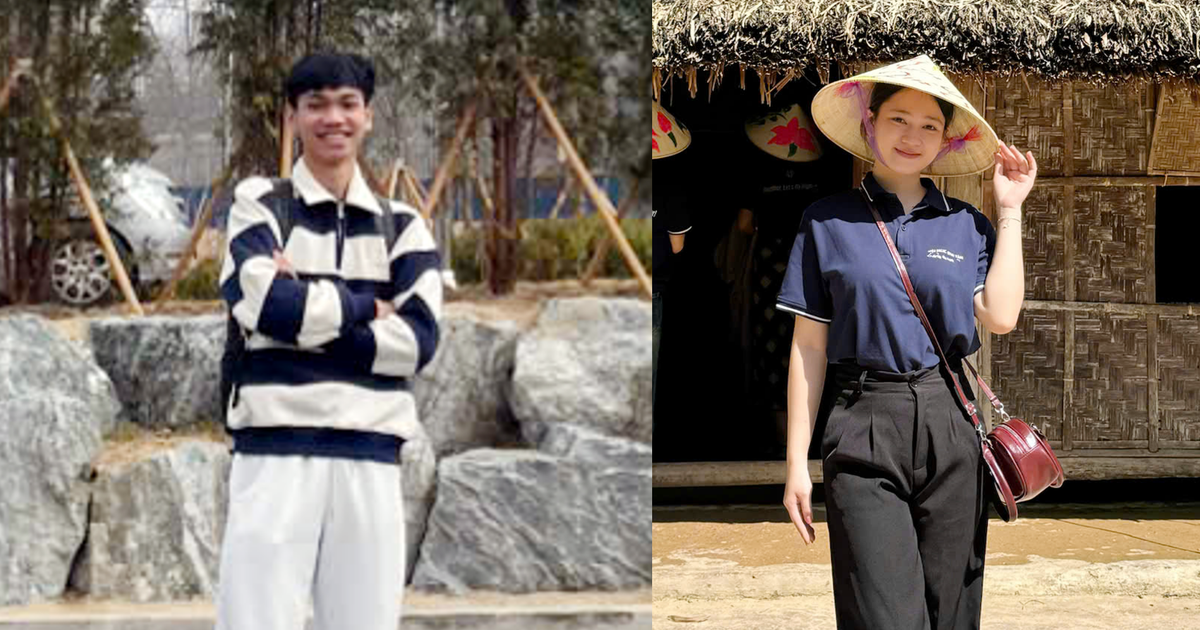
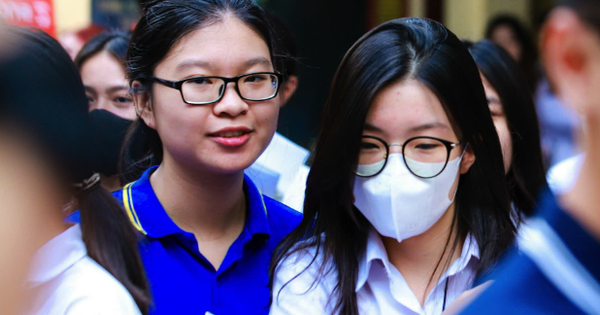
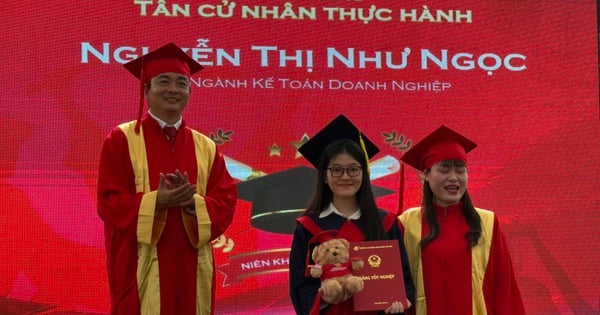
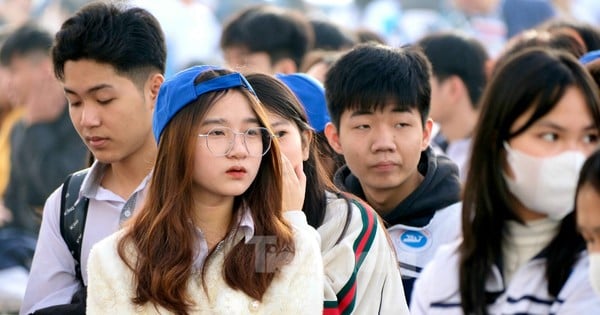
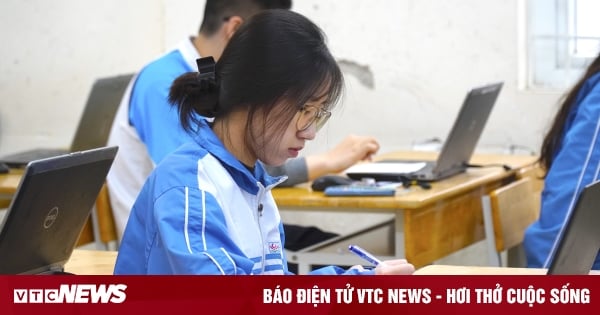




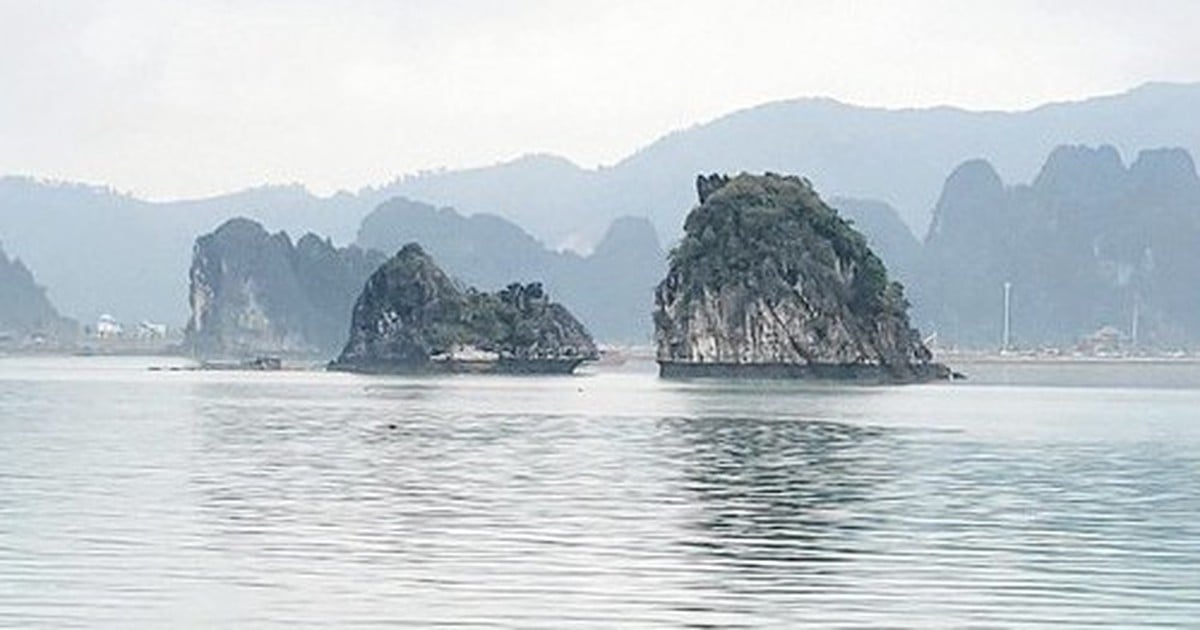
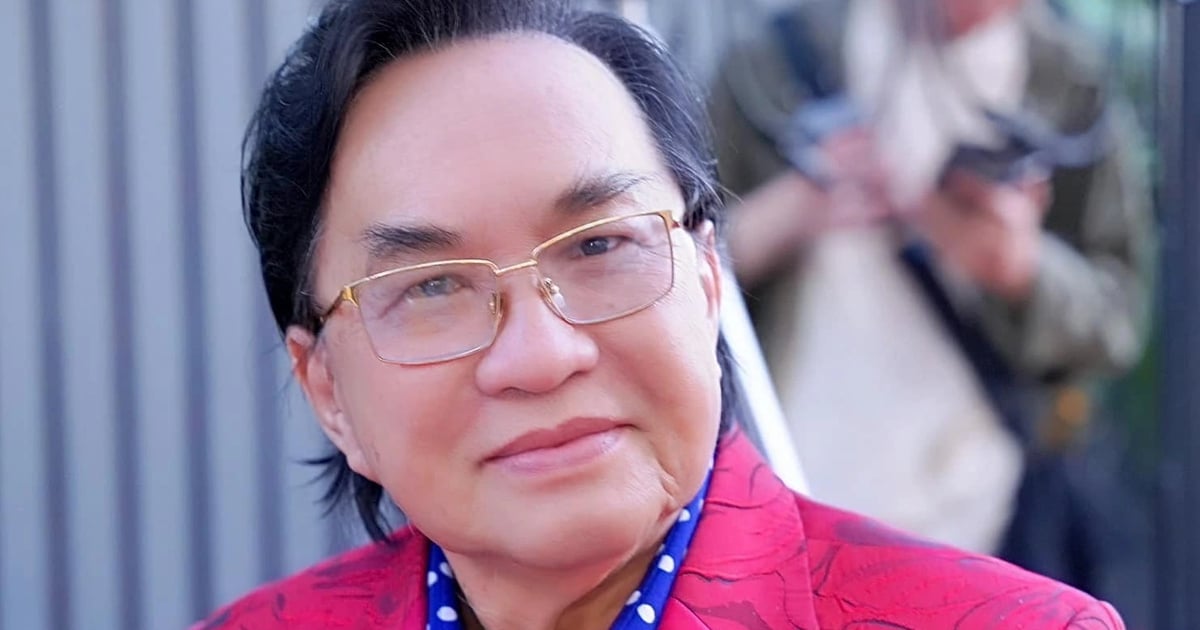

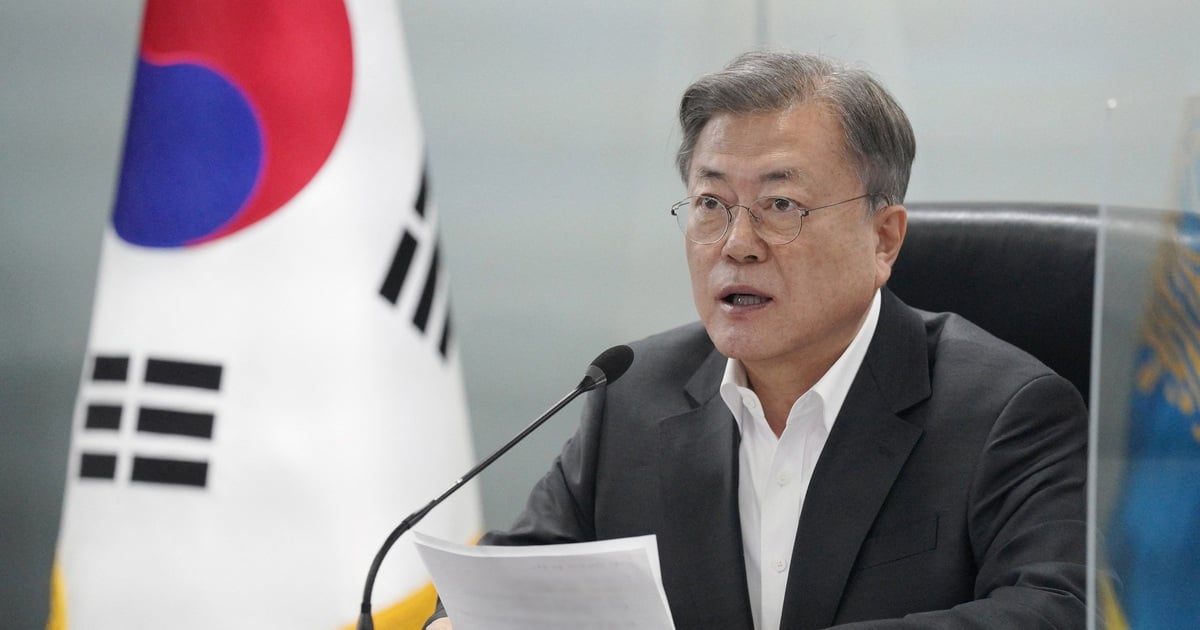


![[Photo] Flower cars and flower boats compete to show off their colors, celebrating the 50th anniversary of Da Nang Liberation Day](https://vstatic.vietnam.vn/vietnam/resource/IMAGE/2025/3/28/086d6ece3f244f019ca50bf7cd02753b)
![[Photo] Training the spirit of a Navy soldier](https://vstatic.vietnam.vn/vietnam/resource/IMAGE/2025/3/29/51457838358049fb8676fe7122a92bfa)









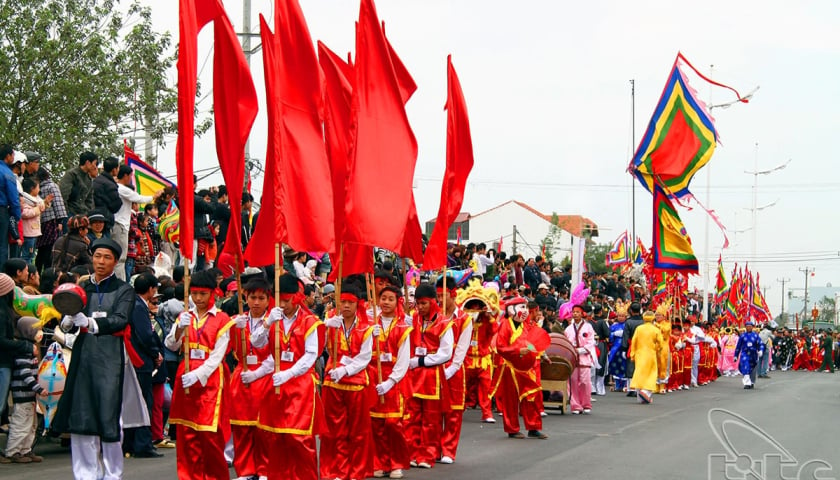

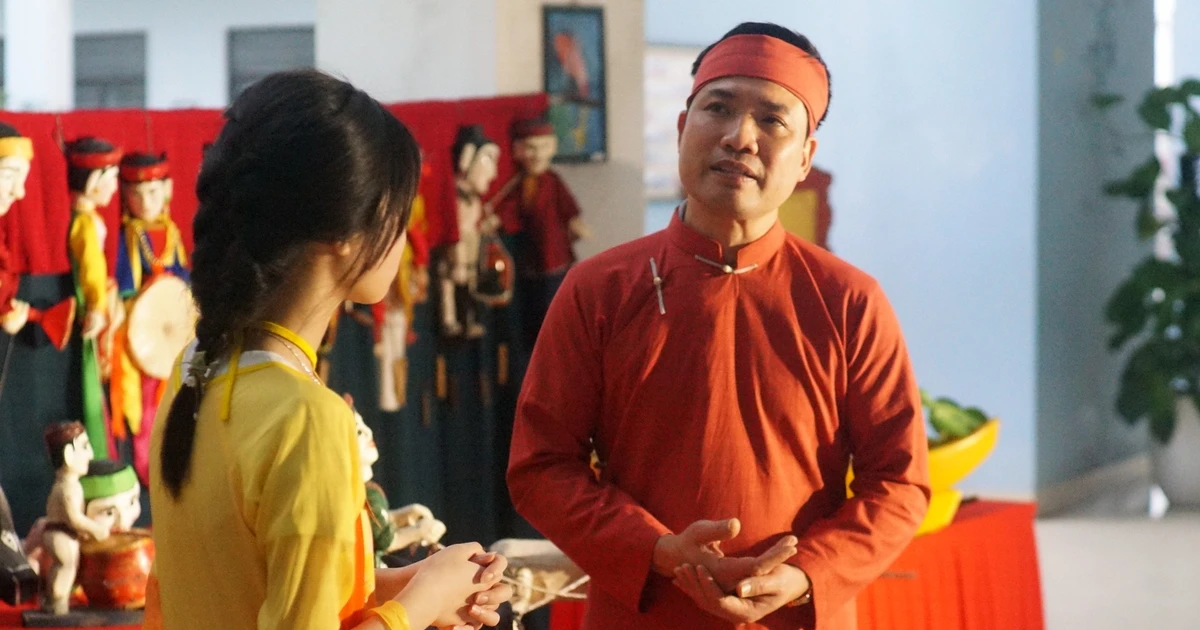
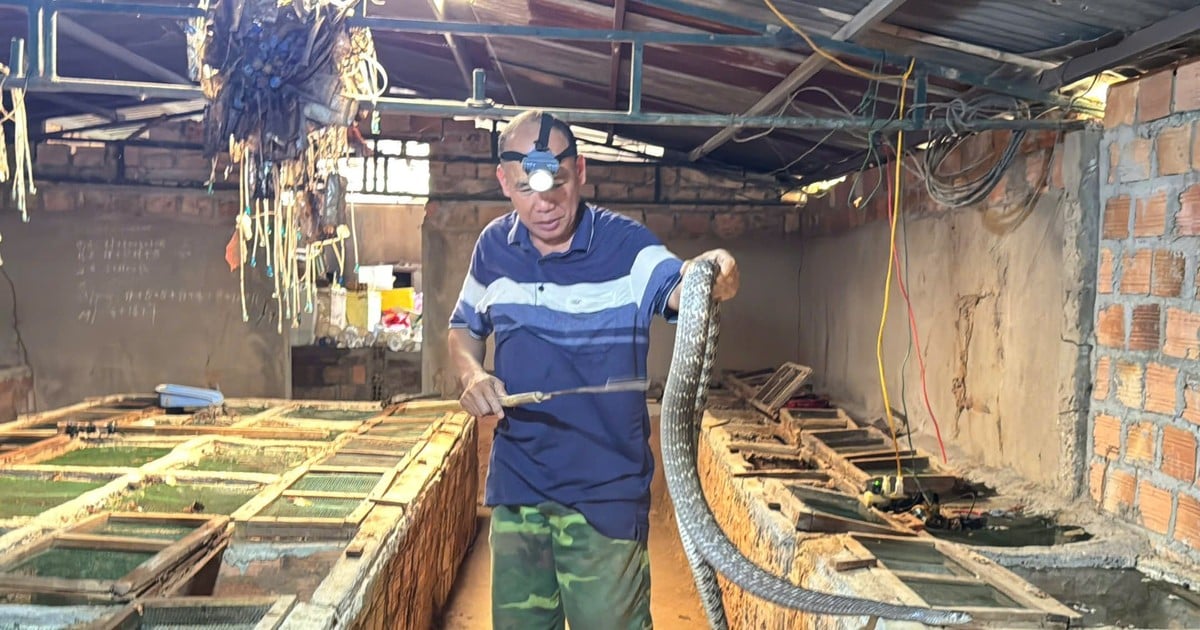
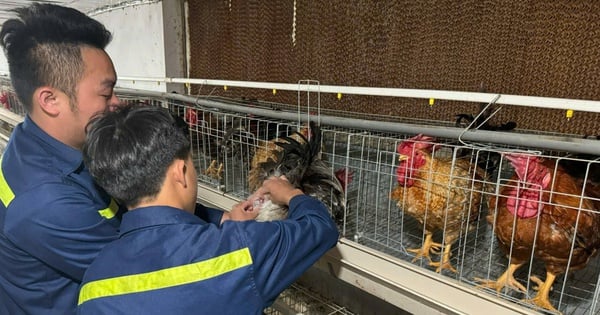

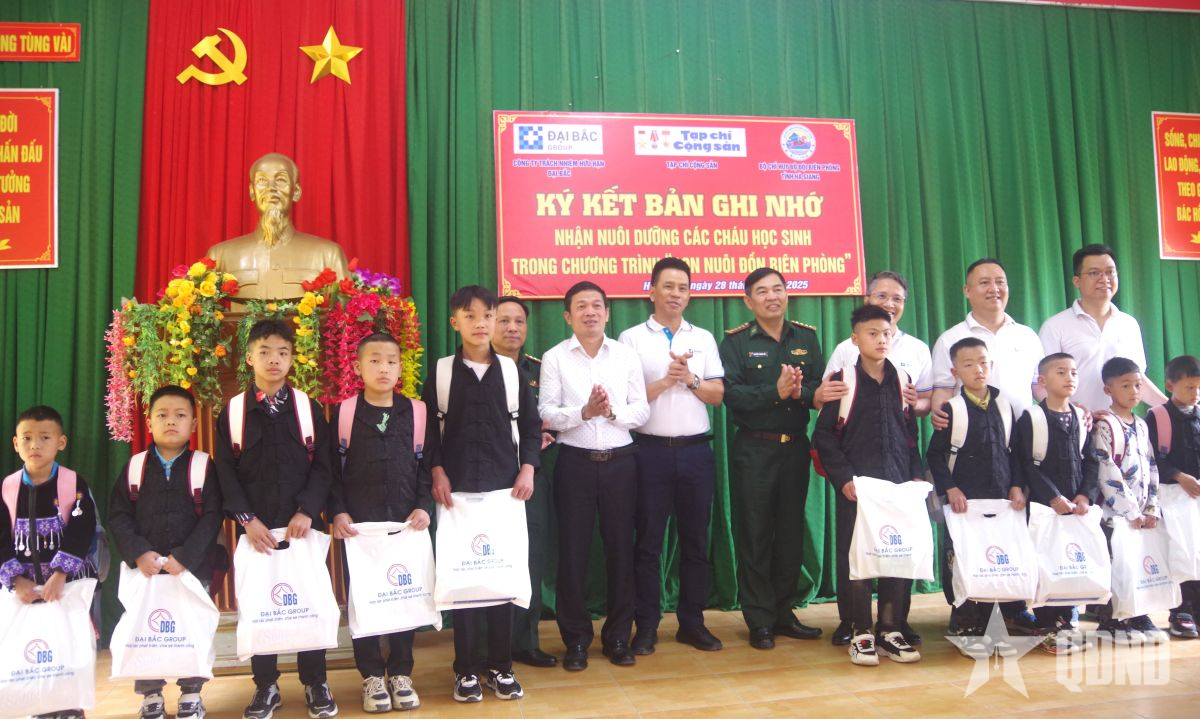



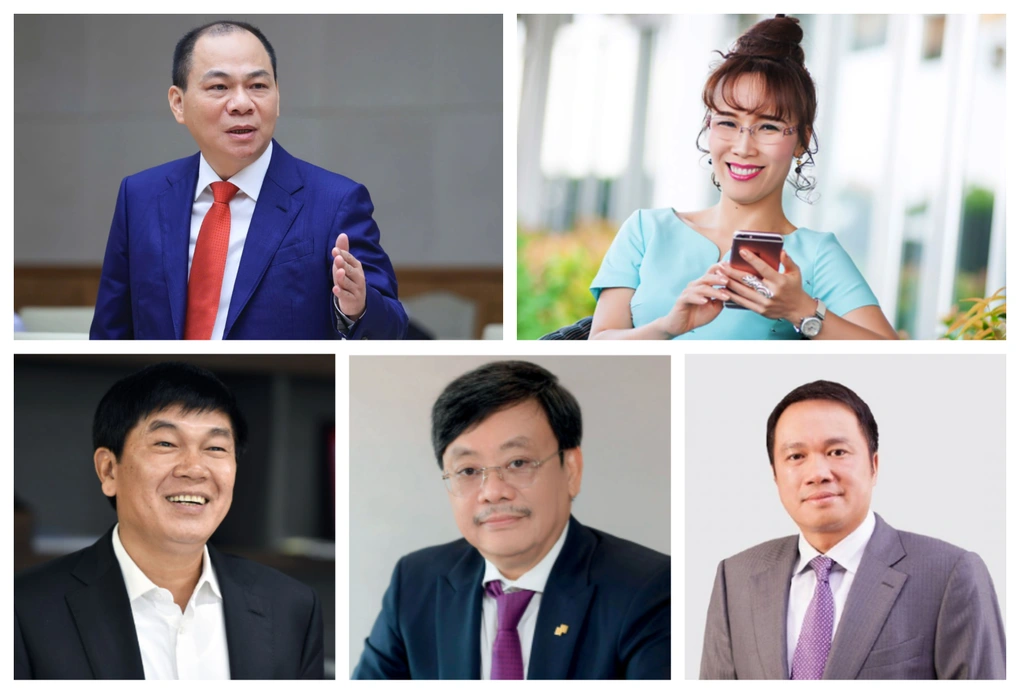











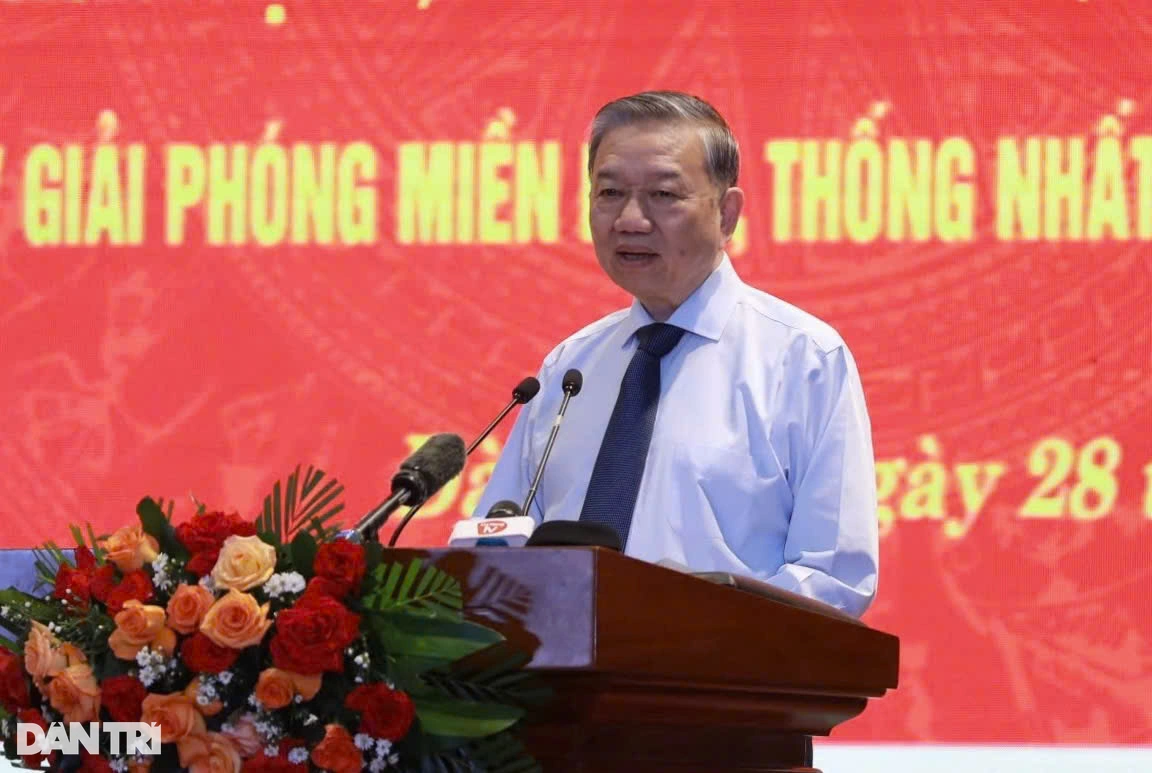
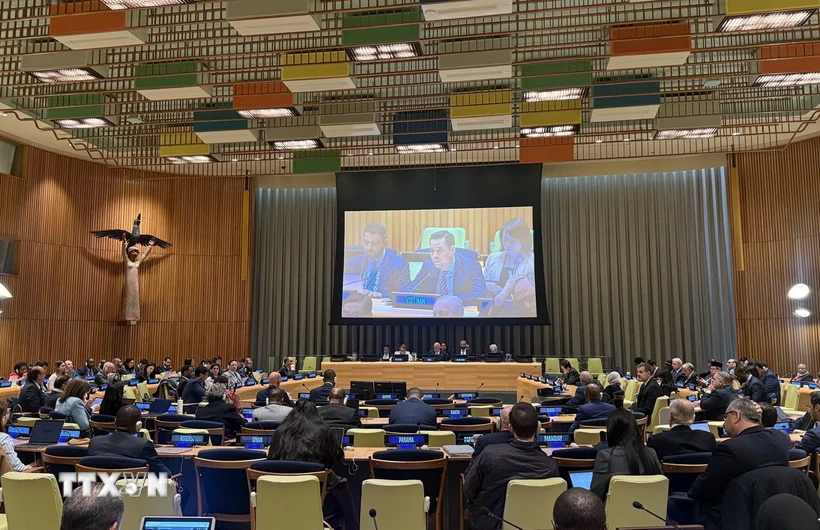
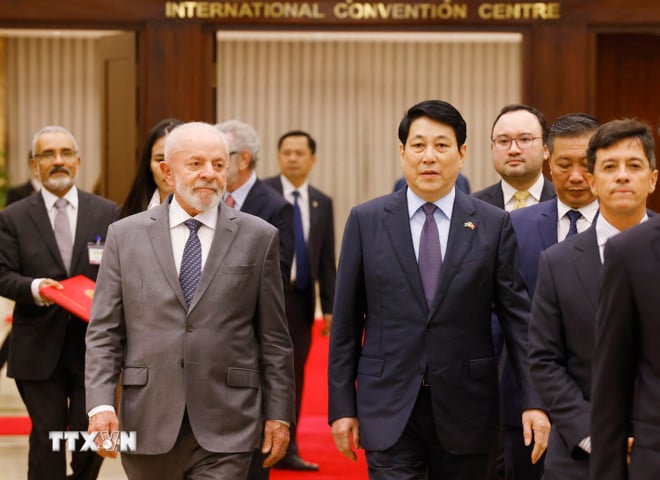
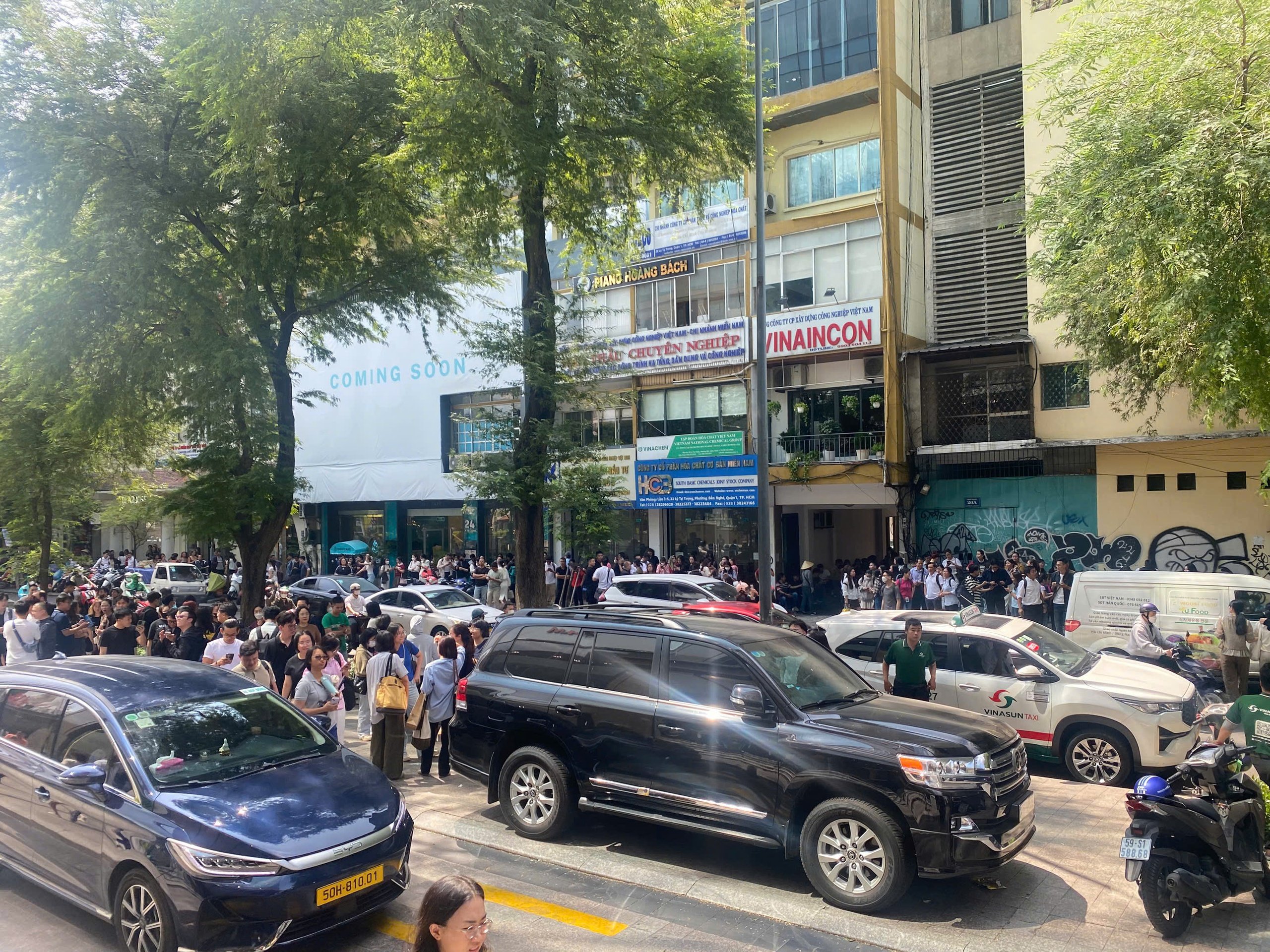
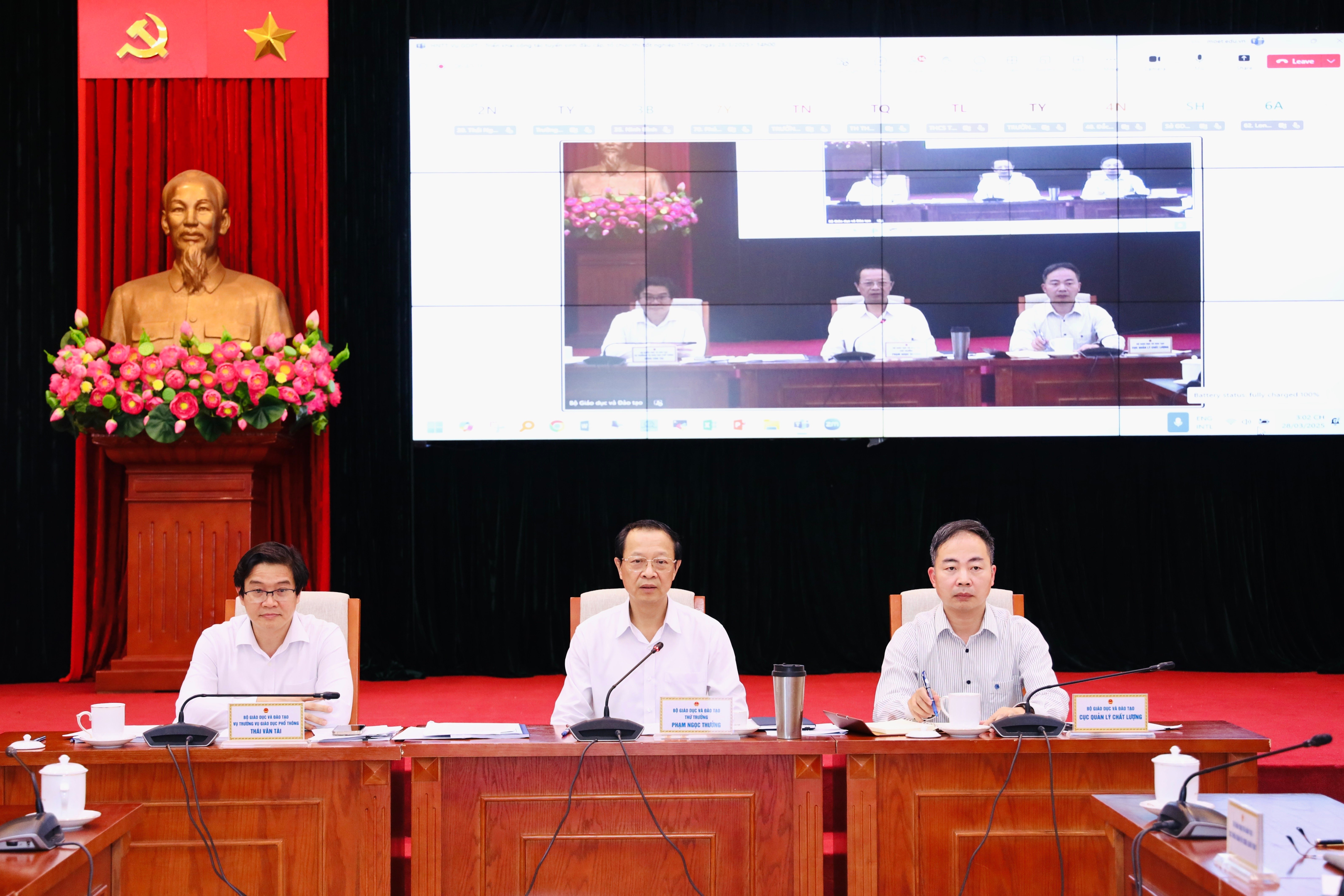

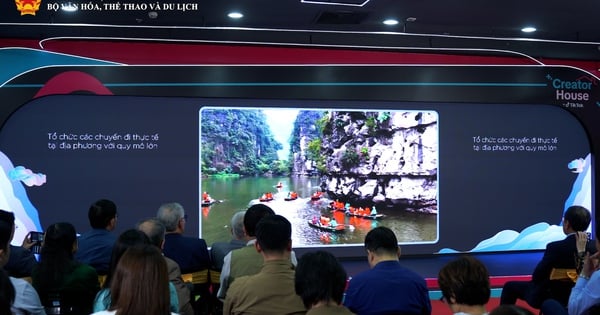

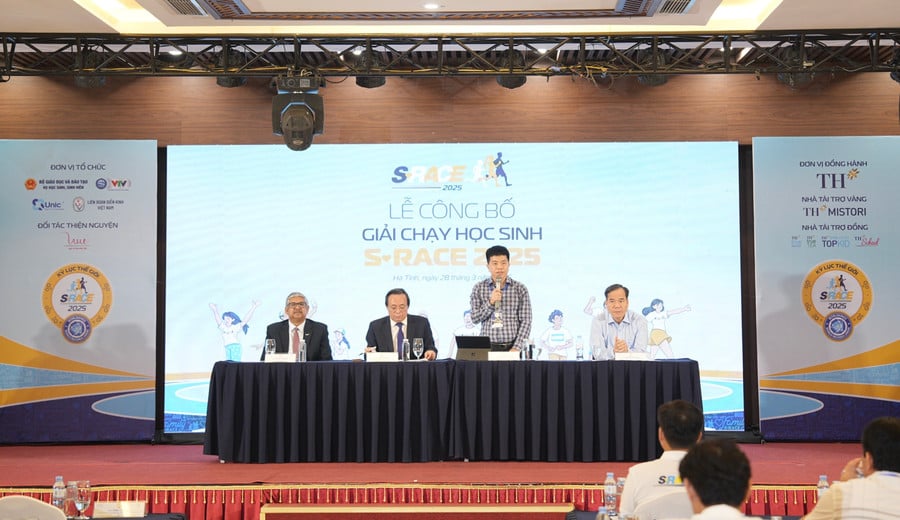
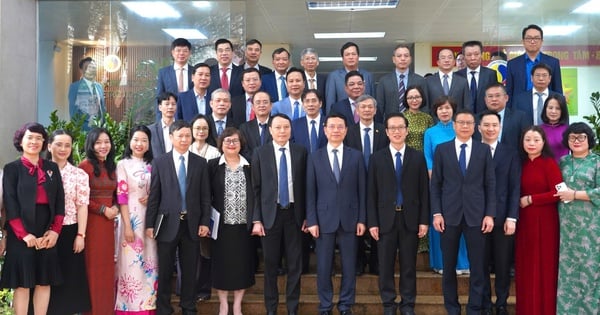

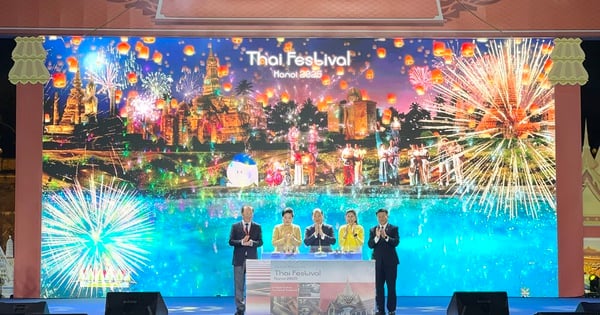
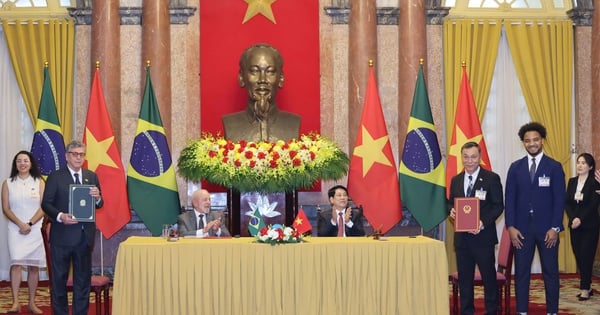
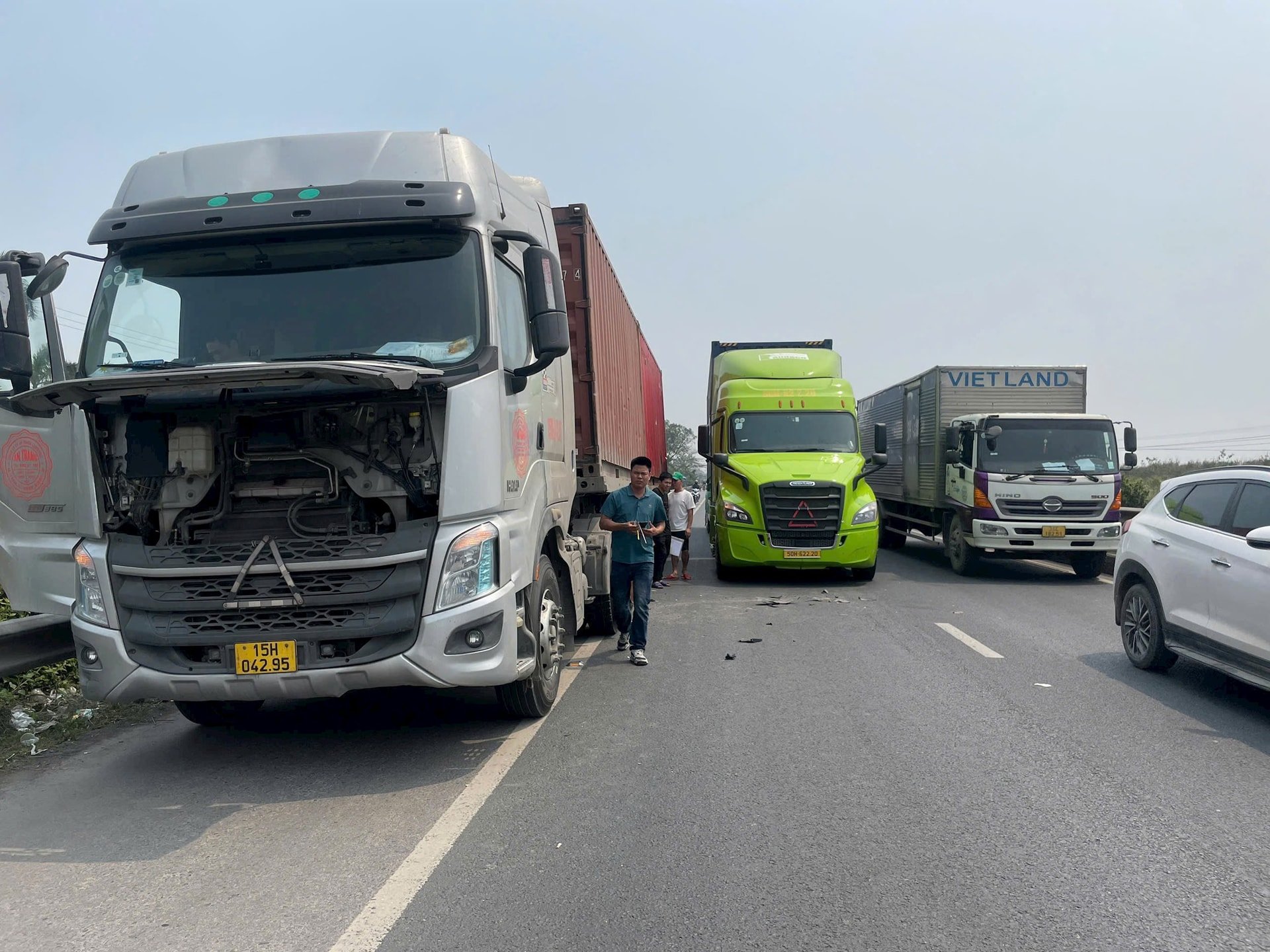

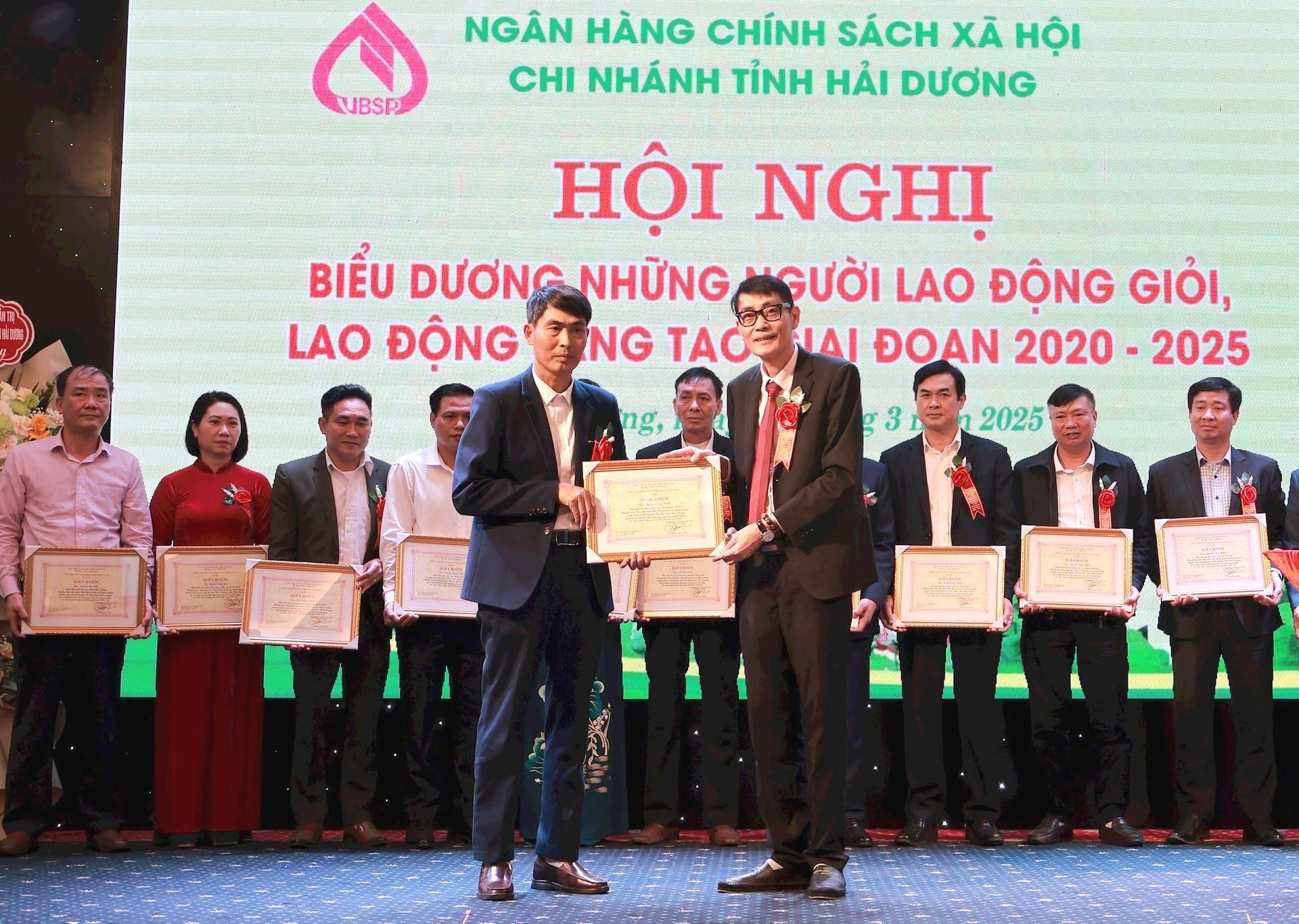
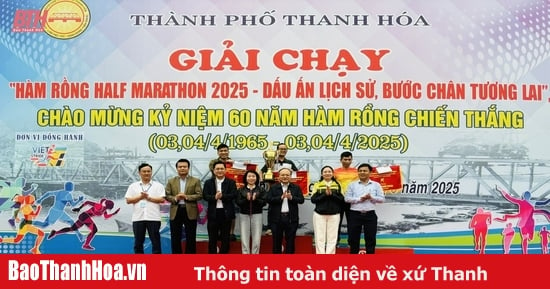



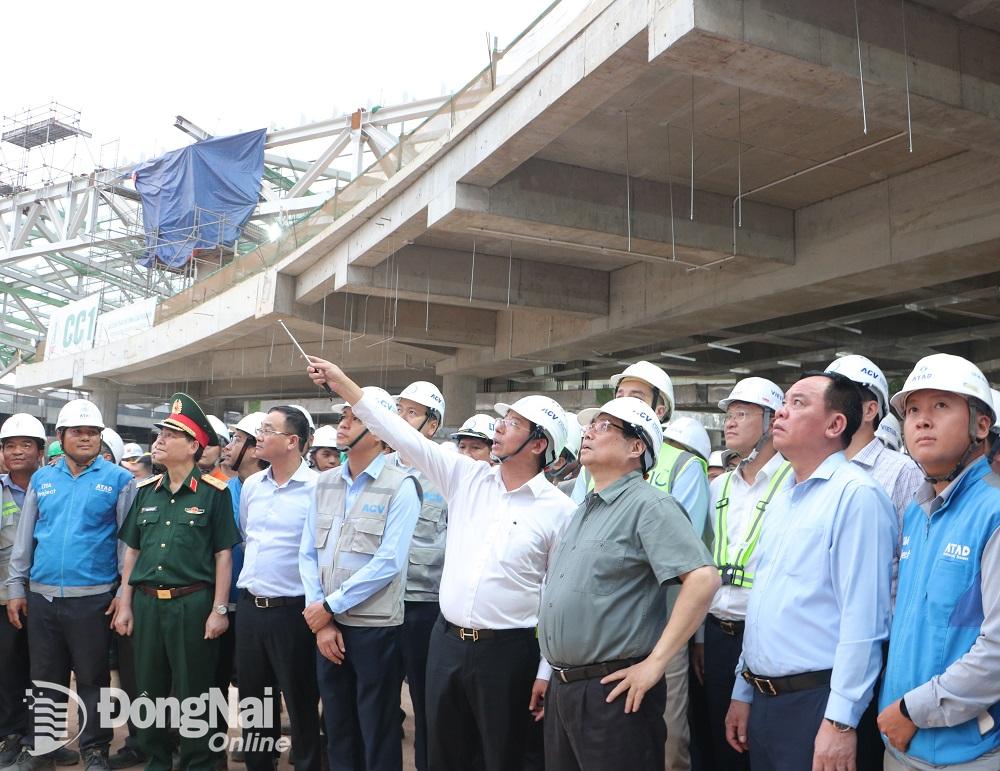










Comment (0)